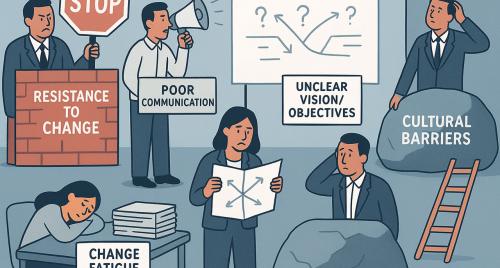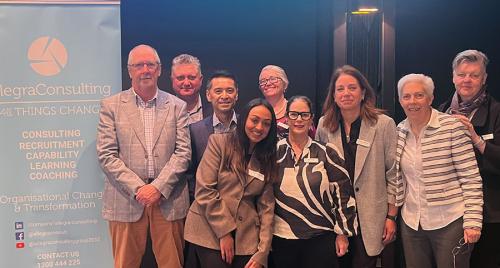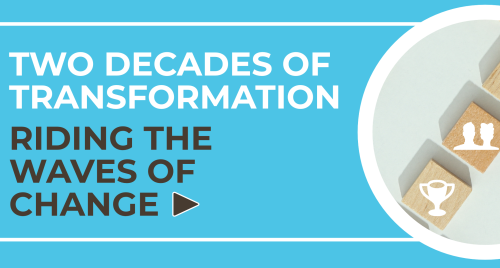
Neither men nor women are overall better communicators, but each tend to excel in different areas and can enhance their communication skills by borrowing from the opposite sex, a conference heard yesterday.
Speaking at HRIZON on the topic of “Why men are heard and women are liked”, Dr Lois Frankel and Tom Henschel demonstrated some of the ways in which men and women traditionally communicate differently.
“Not getting to the point is something that drives men nuts about women, while men often don’t explain enough, or send the wrong messages with their body language", Frankel says by way of example.
Men are more likely to use words economically, while women will explain things thoroughly, she adds.
While it’s tempting to dismiss such observations as gendered stereotypes, decades of research into communication styles shows that, in general, men and women do communicate differently, and each should “borrow” from the opposite sex, the presenters say.
Men and women will not always fall neatly to the same sides of the communication continuum, Frankel and Henschel stress, but regardless of gender, it’s useful to know where one’s shortfalls lie, and how to address them.
“We’re not here to say what’s best. We’re here to say it is different. That’s not politically incorrect – it’s what the science tells us,” Henschel says.
Balance tasks and relationships
Success in the business world requires both “hitting goals, and maintaining positive relationships”, but it’s rare for people to excel at both, Henschel says.
In their communication with teams, men, according to Frankel, are more likely to focus on the task, solving problems and achieving goals.
Women, on the other hand, want to build relationships, make sure people are OK, and read between the lines.
Focusing only on the “male” areas means missing opportunities to show people they are valued, Frankel points out, while too much emphasis on relationships leads to “Sally Field syndrome – ‘Like me!’”, and can mean tasks don’t get done.
Borrowing from the other side might mean establishing desired outcomes and timeframes for each communication, or remembering to “read the room” and encourage interaction, Henschel says.
Communicate with clarity
Women and men who communicate with real clarity are rare, Henschel says.
At their best, men communicate succinctly, focus on facts, and separate their ideas, while women communicate passionately, get into rich details, and “connect the dots”.
Men are more likely to omit the internal context questions, but women might “flood” the other person with information in a random order.
Those who fall into the first category should remember to explain the “so what?” – why the information is important, Frankel says.
Those in the second category should use headlines, “which means the first thing out of your mouth should be the most important, and communicated in one sentence”, then provide just two or three additional pieces of information to explain the “why”.
Finally, they should use a “tag line” to indicate when they’re finished speaking (e.g. “I’m curious to know what you think about this”).
Political savvy
“The business of workplace politics is the business of relationships,” Frankel says.
In this area, men at their best “get the game”, trade on favours, and adapt to different types of relationships, while women make powerful observers, don’t want to “take advantage” of others, and build authentic relationships.
Typically, men need to work on building strong, 360-degree relationships, and women need to accept that some relationships are “just business”, and become as good at asking for favours as they are at giving them, she says.
In the seven key areas of communication – which also include collaboration, executive presence, emotional intelligence and negotiation skills – Frankel says people on either side of the continuum need to “take the best of what each brings to the table”.








